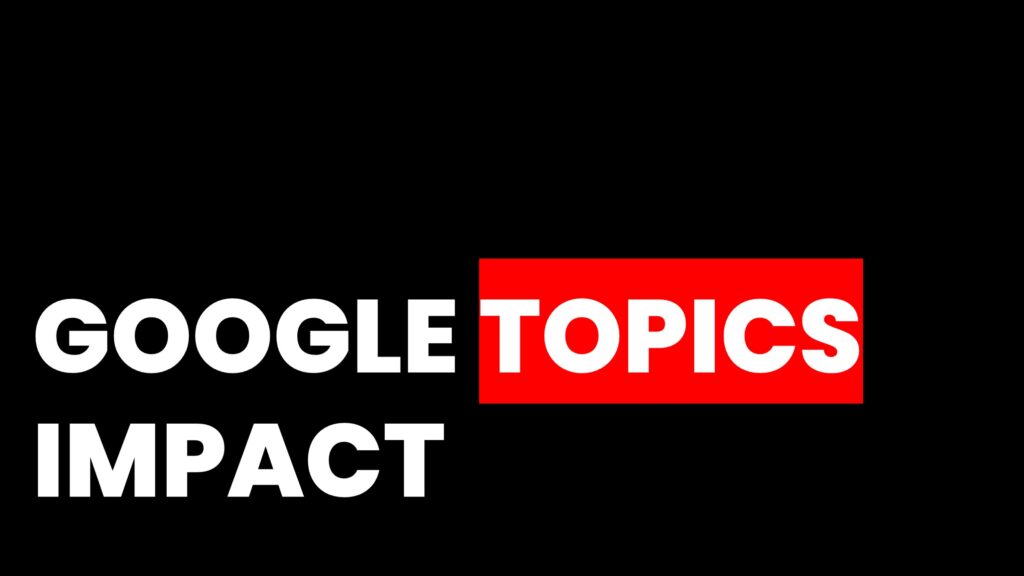How Google Topics Impacts Your Brand’s Website
Overview
Google released several new Chrome features this month, including better theming, a new Chrome Web Store, and a Search Side Panel.
The latter two updates will have a large impact on how Google advertises websites to users. Understanding these can help brands ensure their paid media and website content works with the new Chrome features to effectively lead visitors to their site.
Google Chrome Topics
Google is slowly introducing a new feature called Topics – a Google only approach to replacing 3rd party cookies in 2024.
When users open the new Chrome for the first time they may be presented with a modal to opt in to a new “ad privacy” feature:
“The browser will infer a handful of recognizable, interest-based categories based on recent browsing history to help sites serve relevant ads.”
This tracking will provide marketers with interest-based targeting and retargeting capabilities to reach a general audience of opted-in Chrome users that other browsers will not be able to offer.
Google Chrome Search Side Panel
The “Search Side Panel” feature offers a similar feature to Microsoft’s Edge browser that shows an inline “Generative AI” summary of query-related content in the main panel. This feature also offers recommended website links in response to the search query, which could be an opportunity for brands moving forward. How these will relate to sponsored links is unclear at this time and will be a paid search consideration to monitor going forward.
What Comes Next?
To ensure your brand’s website shows up in both of these features, the first step is understanding how keywords about your website are given to the browser. Google uses a variety of signals to determine the website’s topics, such as:
-
The content of the website’s pages
-
The keywords that the website uses
-
The links to the website from other websites
-
The categories that the website is listed in
It is important to note that Google’s Topics API is still under development, and it is not perfect. It is possible that Google may sometimes misidentify the topics of a website, which should be monitored and can be addressed with a feedback form to Google.
Making sure that your website content and Google’s identification of it is accurate and up to date will be instrumental to make sure your brand’s website is featured.
Want to be Prepared for These Chrome Updates?
Tandem Theory is here to assist you in assessing your website and collaborating to create digital content that helps you reach your goals. Contact us at hello@tandemtheory.com.
Further Reading:
-
Google Topics API Privacy Sandbox
-
Google Privacy Sandbox Timeline
-
Google Topics API Developer Guide
